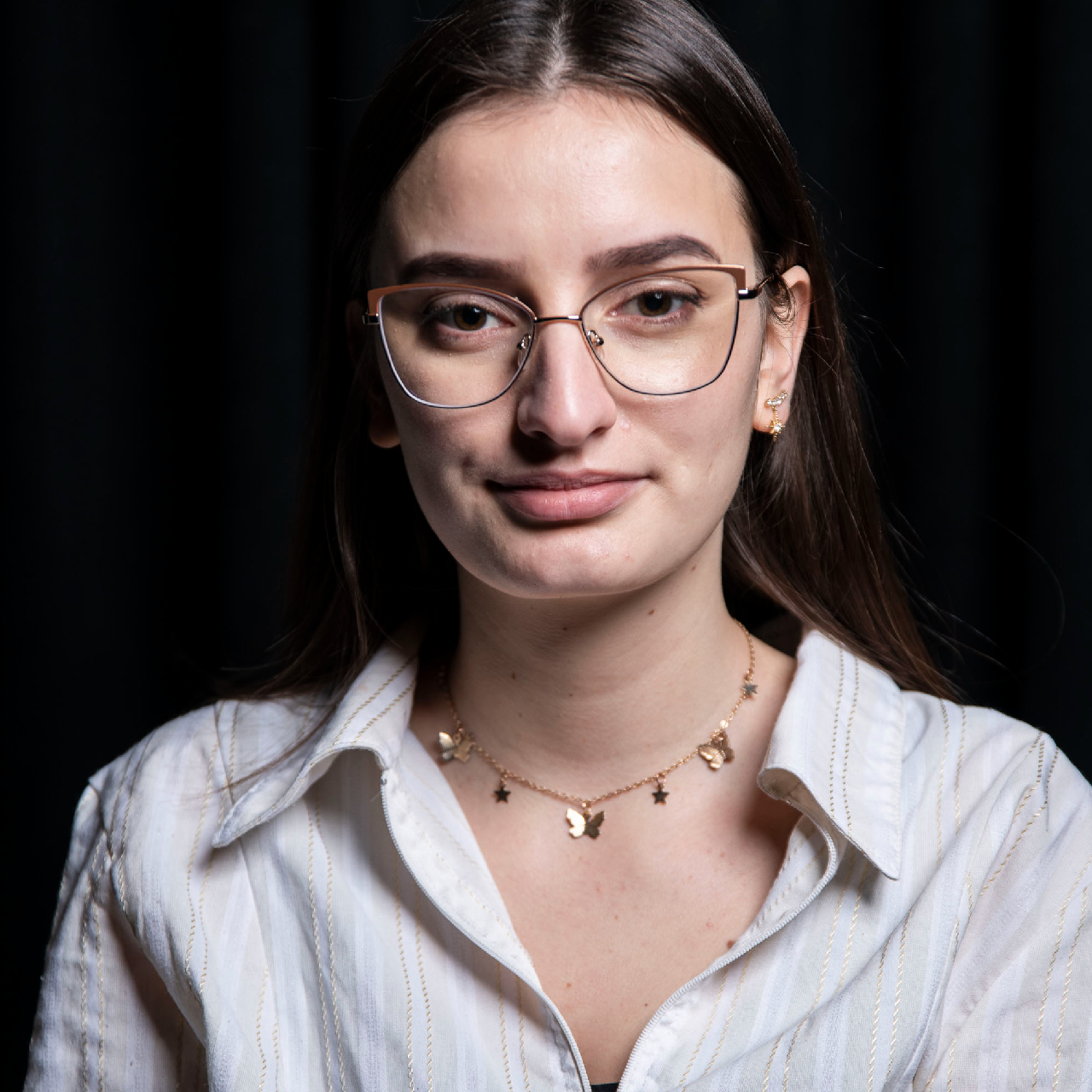“I want to go out by myself,” a friend told me one day.
It would have never crossed my mind that going out on your own could be such a big dream for someone, much less that going out alone could be such a great challenge. When I heard this sentence, or rather, this wish from my friend, I stopped and thought about how many activities we take for granted and how many things that we experience as ordinary are inaccessible to others.
My friend wanted to walk the streets alone. My blind friend wanted to walk the streets of Prishtina without an attendant and without fear. This was his wish –– an everyday activity that most of us do without a thought.
People with disabilities face so many difficulties that their desires are sometimes limited to basic ones, like walking freely through the city. The roads are not friendly to them. The sidewalks –– narrow, in disrepair, often blocked by cars –– discriminate. This forces people like my friend to give up on their desires and lose out on their freedom.
Discriminatory sidewalks
This brief conversation motivated me to become more interested in solutions to this problem. One of these potential solutions is tactile sidewalks, which are rarely seen in Prishtina. These sidewalks are made of a special type of pavement that helps people with visual impairments orient themselves, thus making the streets less dangerous and more accessible. It’s a solution that seems small, but for someone like my friend would equal freedom.
Sidewalks also continue to be too narrow and the curbs too high. Every day on my commute, walking the streets is a challenge. I am exposed to the constant danger of tripping or of being hit by a car when I have to step into the road because someone has blocked the sidewalks.
Instead of serving pedestrians, our sidewalks serve as parking lots, spaces for businesses, and who knows what else. They don’t serve their purpose. Imagine what this means for people with disabilities. It is the deprivation of their freedom of movement, a fundamental human right.
Imagine the journey of a visually impaired person or someone in a wheelchair. Sidewalks are just the beginning. Imagine if a person in a wheelchair wanted to do something quite ordinary, like going out and having a coffee with friends. But for them it will not be so ordinary. Apart from sidewalks that seem to get narrower by the day, most likely the cafe will not have a wheelchair ramp. When this person wants to go to work or to the store, or anywhere, these activities can be extremely challenging.

